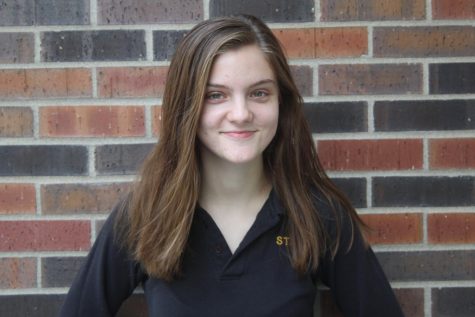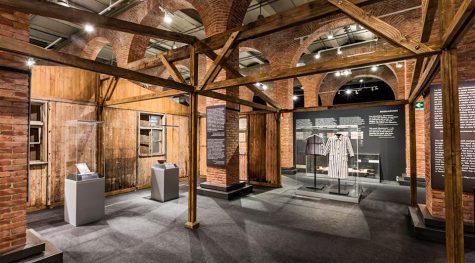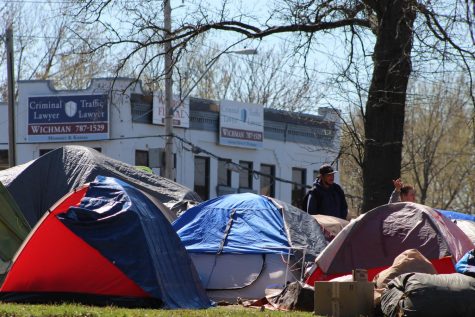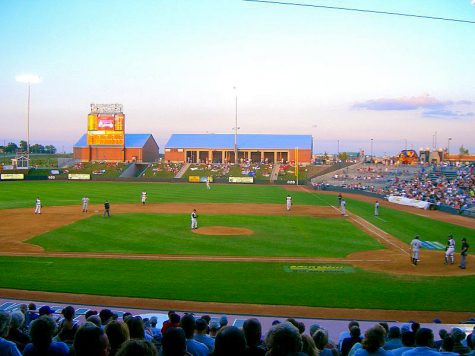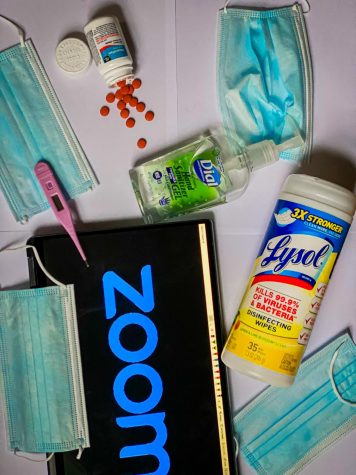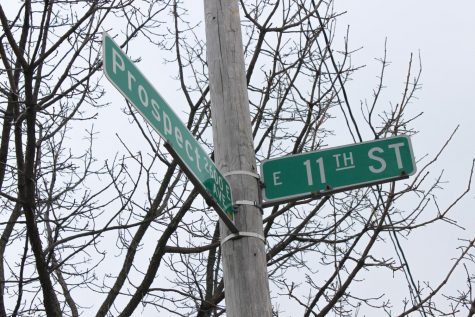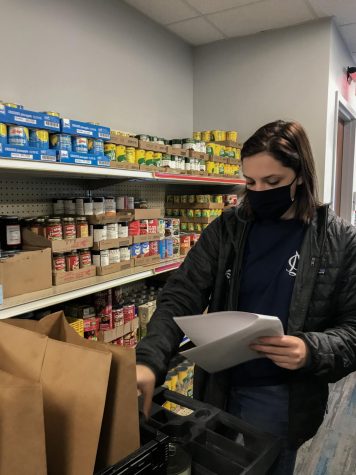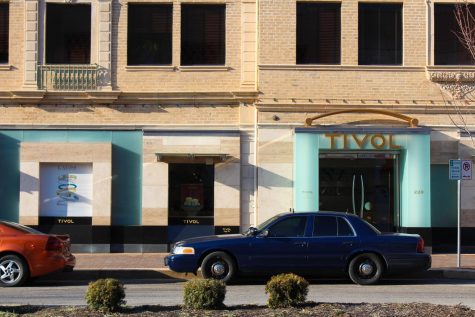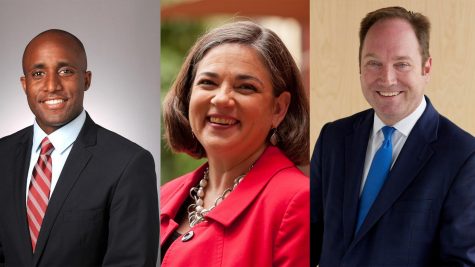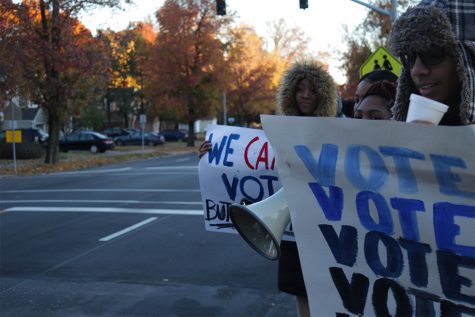Upcoming streetcar vote stirs opposition
Voters will soon decide whether or not fund an expansion to UMKC, moving anti-streetcar advocates to speak out.
February 13, 2018
The Kansas City Streetcar Authority, KCSA, the non-profit organization tasked with managing the streetcar, maintains plans to expand the project toward UMKC as opposition in the community grows in response.
According to the KCSA, plans for a southern streetcar line are in the works through a partnership with the Kansas City Area Transportation Authority, KCATA. With this proposed expansion comes the lengthening of the Transportation Development District, or as it’s commonly referred to, the TDD.
Community member and attorney Sherry DeJanes became involved with the anti-streetcar cause in late 2012.
“I began questioning certain aspects of the project and felt like the answers I was getting were very evasive,” Dejanes said. “So, I started digging in and piecing things together and in the final analysis, decided it was a much larger issue than whether or not the streetcar expanded into Brookside, but rather that it was, in effect, an injustice on several levels.” Dejanes then founded an organization called Be Smart KC. According to their website, “Supporters of Modern, Affordable, Regional Transit KC (SMART KC)” is working to stop the streetcar expansion claiming it will bring “higher taxes on property owners, including non-profits, and sales taxes that will have to be paid by anyone shopping within the expansion district.”
Junior Jasia Tolbert lives downtown within the current TDD, a short walk from the closest streetcar stop. Tolbert sees the side-effects of what she describes as the “hip and cool” streetcar, contrasting it with the bus of her daily routine.
“If anything, it’s slowed my life down because I catch the bus, and the bus gets caught behind the streetcar, and then the bus is late picking me up and then I’m late for school,” Tolbert said.
Though KCMO is already home to a public bus system, many are drawn to the streetcar’s appeal.
“It’s the sleek and sexy thing to do; it has been for about the last 10 years,” DeJanes said. But DeJanes speculates that there is more than what meets the eye when it comes to the push for the streetcar.
“It is my personal opinion that there are those in city government and organizations working closely with city government, that want to create a legacy and see this as a way to do so,” DeJanes said.
The Dart reached out to both the KSCA as well as city government officials and received no response.
“They view it as a development vehicle,” DeJanes said.
DeJanes, along with Be Smart KC, has filed a lawsuit against the State of Missouri, Secretary of State and all 50 streetcar extension petition sponsors, contesting the mail-in election’s “onerous procedural requirements” as it’s described on their website.
“We have filed to have the mail-in portion of the TDD statute of the TDD held unconstitutional because I believe that it disenfranchises several groups or several levels of voters,” DeJanes said.
The mail-in election is conducted through a process where voters must request ballots in advance, fill them out and then mail them to the city by the chosen deadline.
Even with staunch opposition, Streetcar Authority Executive Director Tom Gerend told the Kansas City Star that the KCSA is “committed to continuing previously initiated planning and expansion activities.”
In addition to opposing the election itself, Dejanes opposes its subject matter. She lists the one percent sales tax that would be applied within the TDD, the nature of the mail-in election and the “61 million dollar a mile” proposed cost, as all being examples of injustice.
Tolbert sees both sides of the streetcar expansion debate.
“There are definitely some highs and lows,” Tolbert said.
For Tolbert, the streetcar as it stands is more of a novelty than anything else. Her view, however, could be changed by the proposed expansion.
“I would consider using it more if it went down to UMKC because if I miss the bus or something, I have that option,” Tolbert said.
Tolbert also mentioned the streetcar’s modern appeal.
“For hanging out with friends that live in Brookside and Waldo, I think they’d want to take the streetcar more than the Metro,” Tolbert said.
This new development, however, could have unintended consequences in Tolbert’s daily life.
“Then [the Metro] would just have to cut more lines than they already are,” Tolbert said.
Voters were able to begin requesting mail-in ballots for the third and final phase of the streetcar vote Friday, Nov. 3, with results to be released March 2, 2018. This vote will decide whether or not residents of the proposed TDD will agree to fund the district. Residents do not need to have voted in the other phases of the election to participate in this phase.



